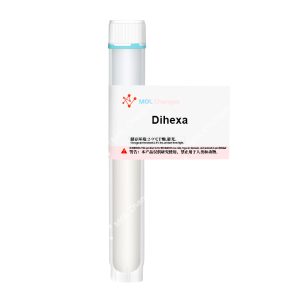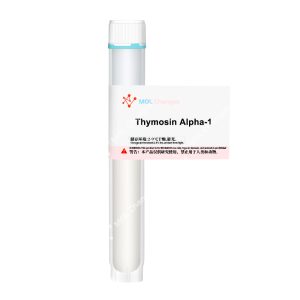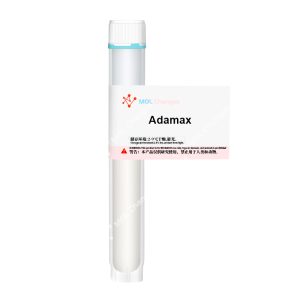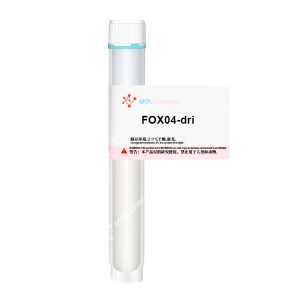Mazdutide,alternatively known as IBI362 or LY3305677, is a new dual agonist targeting both the glucagon-like peptide-1 receptor (GLP-1R) and the glucagon receptor (GCGR). Serving as an anti-obesity agent, it reduces body weight, blood glucose,blood pressure, and a multitude of other obesity-related complications.
The development of this compound was built upon a more profound understanding of oxyntomodulin‘s physiological role; a natural intestinal hormone possessing inherent dual GLP-1 and glucagon activity. Mazdutide itself is a synthetic analog derived from oxyntomodulin, with an extended fatty acyl side chain specifically engineered to prolong its duration of action (enabling once-weekly dosing).
Beyond simple weight loss, research has shown it stimulates insulin secretion (in mice), lowers uric acid levels, ameliorates oxidative stress, and at least partially mitigates certain kidney pathologies.
Sequence
His-{Aib}-Gln-Gly-Thr-Phe-Thr-Ser-Asp-Tyr-Ser-Lys-Tyr-Leu-Asp-Glu-Lys-Lys-Ala-Lys-{AEEA-AEEA-γGlu-Nonadecanoic acid}-Glu-Phe-Val-Glu-Trp-Leu-Leu-Glu-Gly-Gly-Pro-Ser-Ser-Gly-NH2
CAS Number
2259884-03-0
Molecular Formula
C209H319N45O68
Molecular Weight
4563.06
Research Of Mazdutide
1.Weight Loss and Appetite Suppression
A 12-week study evaluated changes in appetite and body weight in mice administered different concentrations of mazdutide.
Significant, dose-dependent reductions in body weight were observed, with higher doses being more effective.
Liver tissue histological sections provided further support for this effect – hepatic steatosis and the associated inflammation were markedly alleviated.
Mazdutide-HD (the higher dose form) exhibited the strongest hepatoprotective effects compared to dulaglutide.
2.Improved Motor Activity and Exploratory Behavior
Following 30 days of continuous administration, mice treated with mazdutide demonstrated clear learning capacity improvements over the control group, with a more pronounced effect than dulaglutide.
Cognitive impairment tests support the potential therapeutic effect of mazdutide on cognitive function.
3.Improved Motor Coordination, Balance and Anxiety-Related Behaviors
A balance beam test showed mice administered mazdutide to be significantly better (crossing time and success rate) than control mice.
Cognitive and anxiety-related tests further support these results.
4.Improving and Repairing Neuronal Damage and Death
The hippocampus is intimately involved in learning and memory; cognitive function being closely tied to these processes.
Histological observations of damaged hippocampal neuronal sections show that Mazdutide at least partially mitigates this form of neuronal loss.
Preservation of dendritic branching and various measures of spine density were also observed within the hippocampal region; the more specific neuroprotective effects seen in CA1(Cornu Ammonis 1) and CA3(Cornu Ammonis 3) subfields being of particular interest.
5.Preventing Myelin Reduction
Myelination itself plays a critical role in motor learning, adaptive responses to all forms of sensory cues through constant environmental feedback.
Complete axonal insulation and to a large extent nutritional support for nervous system function are provided by myelin.
Myelin remodeling (a process closely linked to true myelination) is and remains an important aspect of adult CNS(Central Nervous System) health.
LFB(Luxol Fast Blue) staining revealed spinal cord demyelination; the mazdutide group exhibited better organized myelin sheaths, less severe demyelination being the direct outcome of treatment.
Preserving myelin integrity is now being considered a viable target – delayed onset and slow progression of Alzheimer’s disease being one of the more promising therapeutic goals of such research.
COA
HPLC
MS








